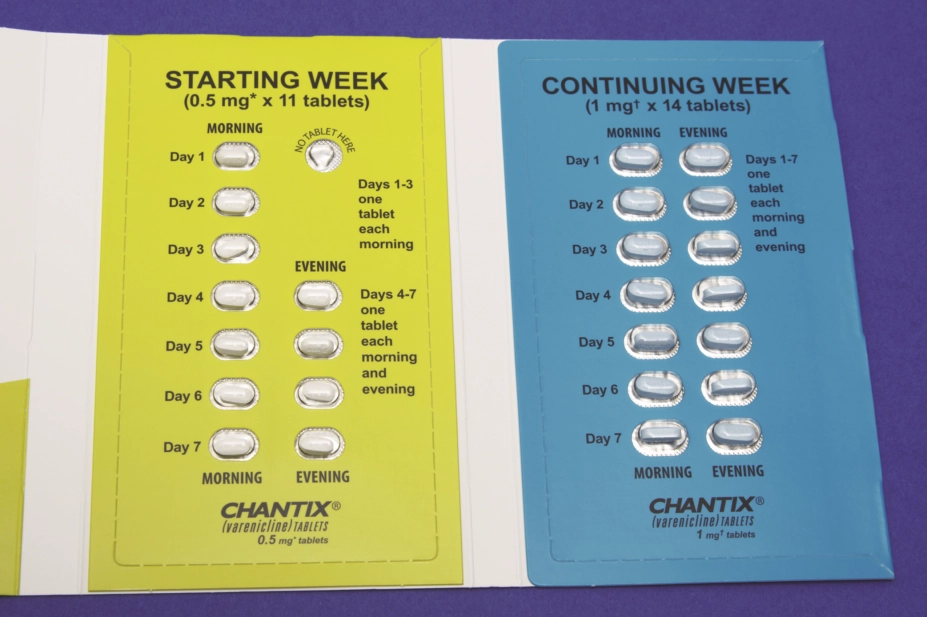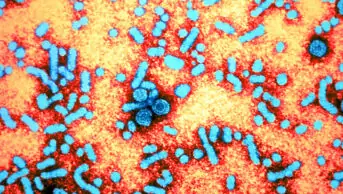
GIPhotoStock / Science Photo Library
Varenicline has been shown to improve smoking cessation rates over other pharmacological and non-pharmacological methods. However, concerns have been raised over its link to serious cardiovascular and neuropsychiatric events.
In the American Journal of Respiratory and Critical Care Medicine (online, 20 December 2017), researchers carried out a study involving data on 56,851 new varenicline users, who were observed from one year before to one year after varenicline use[1]
. The incidence of adverse events during their 12-week treatment period (risk period) was compared with the remaining observation period (control period).
They found that the incidence of cardiovascular events was 34% higher in the risk period compared with the control period. There was also a small association between varenicline use and neuropsychiatric events, but this was found to be of questionable clinical significance and was not robust in sensitivity analyses.
The team said the findings supported an association between varenicline and cardiovascular adverse events, and the risks should be weighed against the benefit of the drug for individual patients.
References
[1] Gershon AS, Campitelli MA, Hawken S et al. Cardiovascular and neuropsychiatric events following varenicline use for smoking cessation. J Am Respir Crit Care Med;2017. doi: 10.1164/rccm.201706-1204OC


